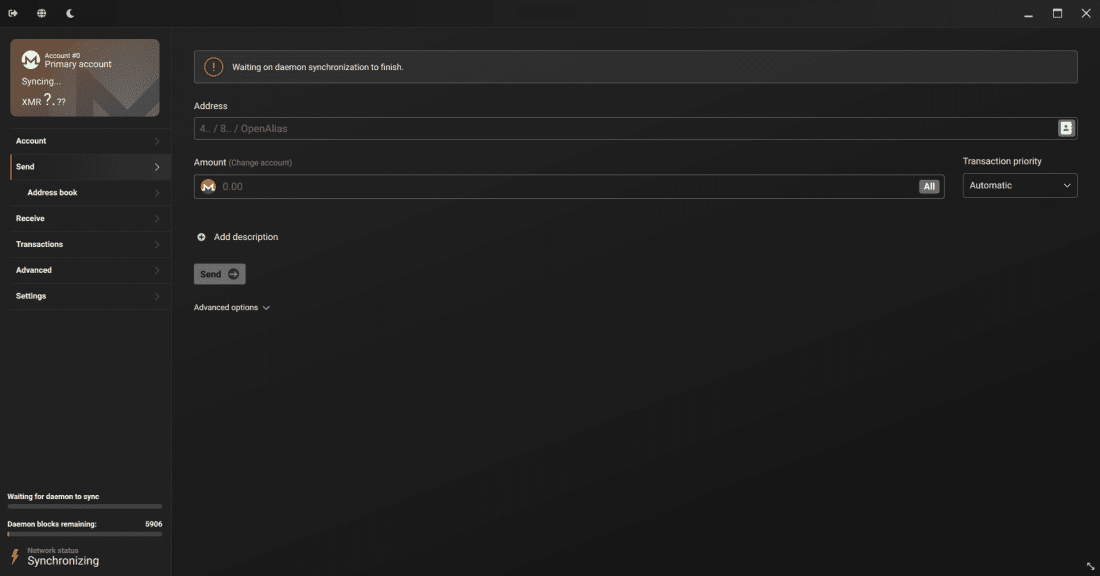The World Wide Web Foundation says that Internet freedom and equality are declining worldwide. Many topics were mentioned, including but not limited to human rights abuse, government surveillance, Internet censorship, and net neutrality. However, this article is focused on net neutrality and censorship. People have debated and questioned the importance of net neutrality, even those that support it. Net neutrality almost went out the window with the introduction of the Stop Online Piracy Act (SOPA) in 2011. The bill didn’t pass, but some people commented that the tremendous public backlash that the bill received was a bit much, and acted as if it was ‘just’ the Internet.
The Internet is not just your connection to YouTube, Netflix, iTunes, and Facebook. It is the best connection that people in oppressive regimes have to the outside world, and in some cases, the only connection. The Internet provides a remote bird’s-eye view of the rest of the world (relatively speaking) so that people in oppressive regimes in which administration’s dissidents are killed can share their experiences and get the world’s support.
If you live in countries like the U.S which are not under siege or in a state of war, net neutrality is still important. Net neutrality prevents people from paying off Internet service providers (ISPs) to block their competitors. As for the concept of fast and slow lanes which was being pushed recently: It still opens a window of opportunity for greedy people to pay off ISPs to pay ISPs to put their websites in the fast lane, while their smaller competitors may not be able to afford that.
The top 5 countries with the greatest Internet freedom, empowerment, universal access, and content relevancy are:
- Denmark.
- Finland.
- Norway.
- United Kingdom.
- Sweden.
Other Statistics From The World Wide Web Foundation
- 62% of countries report that the web plays a major role in encouraging political action.
- 84% of countries lack adequate privacy-protection laws for online communications.
- 74% of countries need to do more to stop the harassment of women online.
Sources: The Web Index and BBC.









